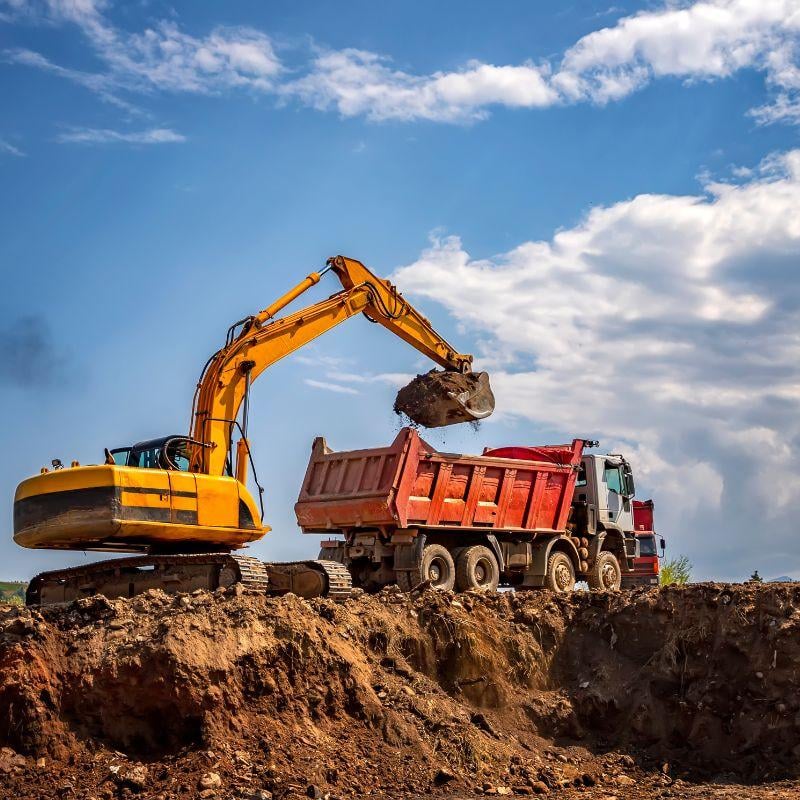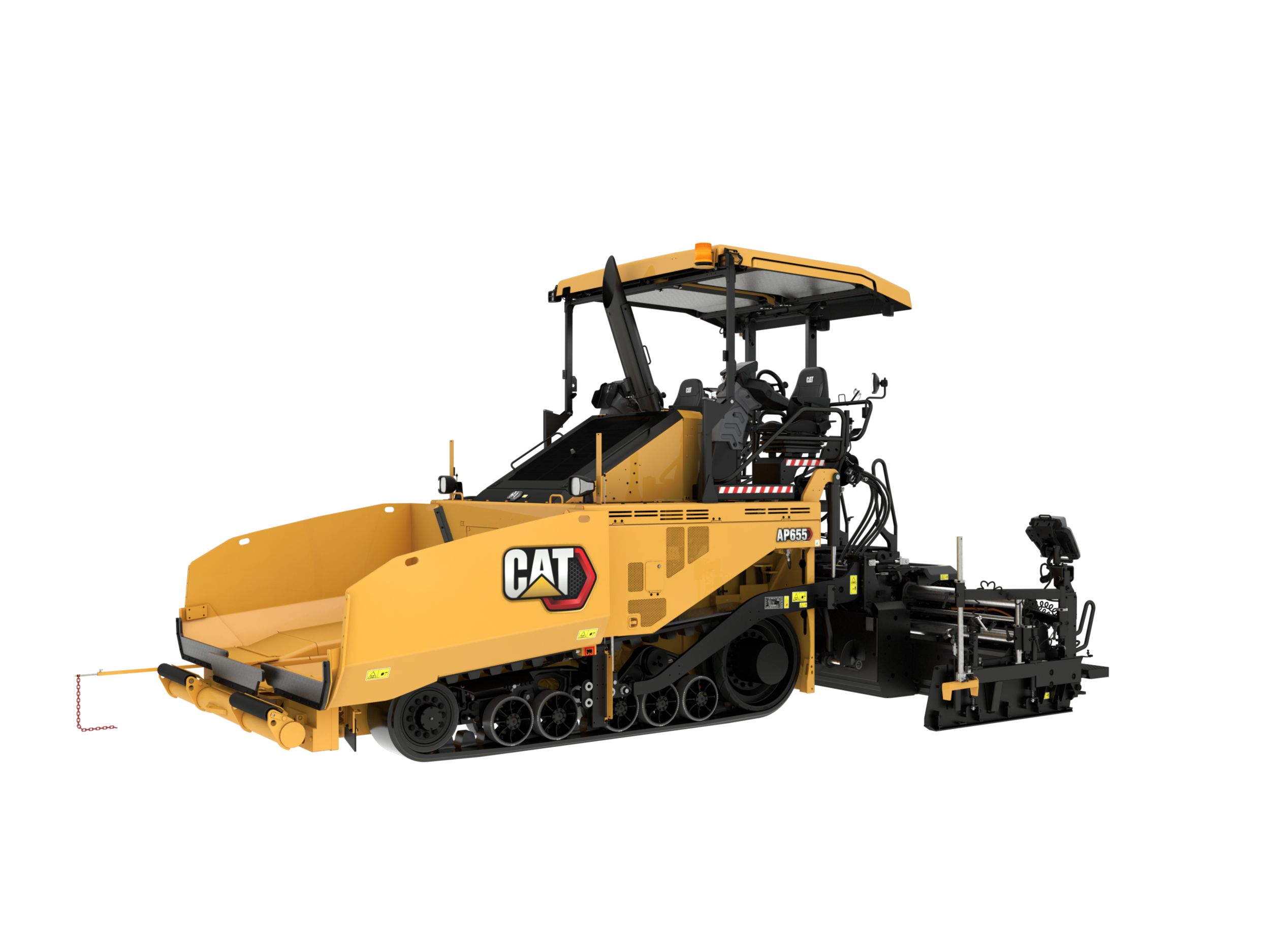Boom Lift Rental in Tuscaloosa AL: Discover Budget-friendly Alternatives for Your Tasks
Boom Lift Rental in Tuscaloosa AL: Discover Budget-friendly Alternatives for Your Tasks
Blog Article
Exploring the Financial Perks of Leasing Building And Construction Tools Contrasted to Owning It Long-Term
The decision in between owning and renting building and construction equipment is crucial for monetary administration in the market. Renting out offers instant cost financial savings and functional flexibility, enabling business to allot resources much more effectively. Recognizing these subtleties is important, especially when taking into consideration exactly how they align with specific project needs and financial methods.

Cost Comparison: Renting Vs. Owning
When reviewing the economic ramifications of renting out versus possessing building and construction tools, a complete expense comparison is essential for making notified choices. The option between having and renting can substantially influence a firm's lower line, and understanding the linked prices is vital.
Leasing construction tools normally entails reduced ahead of time expenses, allowing services to designate capital to various other functional needs. Rental arrangements often include adaptable terms, allowing firms to accessibility advanced machinery without long-lasting dedications. This adaptability can be specifically helpful for short-term projects or varying workloads. However, rental prices can build up over time, potentially surpassing the cost of possession if tools is required for an extended period.
On the other hand, owning building and construction tools requires a substantial preliminary financial investment, along with recurring costs such as devaluation, insurance policy, and financing. While possession can cause long-lasting cost savings, it likewise binds capital and might not offer the very same degree of versatility as renting. Additionally, having tools demands a commitment to its use, which might not constantly line up with job demands.
Eventually, the choice to rent or possess must be based upon an extensive analysis of specific task needs, economic capability, and lasting tactical goals.

Upkeep Obligations and expenditures
The option between renting and possessing building and construction devices not only entails economic factors to consider yet additionally incorporates ongoing upkeep expenditures and responsibilities. Having equipment needs a substantial dedication to its upkeep, which consists of regular evaluations, repair services, and prospective upgrades. These responsibilities can rapidly collect, bring about unanticipated costs that can strain a budget plan.
In contrast, when renting out devices, maintenance is normally the responsibility of the rental company. This arrangement enables service providers to stay clear of the economic worry related to deterioration, along with the logistical obstacles of scheduling repair services. Rental arrangements commonly consist of stipulations for upkeep, suggesting that contractors can concentrate on completing projects instead of bothering with equipment problem.
In addition, the diverse series of equipment available for lease enables companies to choose the current versions with sophisticated technology, which can boost efficiency and productivity - scissor lift rental in Tuscaloosa Al. By going with services, companies can avoid the lasting responsibility of equipment devaluation and the linked upkeep migraines. Inevitably, assessing maintenance expenditures and duties is important for making a notified decision regarding whether to lease or have construction devices, dramatically impacting general task prices and operational performance

Depreciation Impact on Possession

A significant element to think about in the choice to own building and construction equipment is the effect of depreciation on total ownership prices. Depreciation represents the decline in worth of the equipment with time, influenced by factors such as usage, wear and tear, and improvements in innovation. As devices ages, its market price lessens, which can considerably impact the owner's economic setting when it comes time to trade the equipment or market.
For building business, this devaluation can translate to considerable losses if the tools is not made use of to its max capacity or if it lapses. Owners must account for depreciation in their financial projections, which can lead to greater total prices compared to leasing. Furthermore, the tax effects of depreciation can be complex; while it might offer some tax advantages, these are often balanced out by the fact of lowered resale value.
Eventually, the burden of devaluation highlights the importance of recognizing the long-term monetary dedication entailed in having construction equipment. Business have to very carefully assess exactly how often they will use the devices and the possible monetary influence of depreciation to make an educated choice regarding ownership versus renting.
Monetary Adaptability of Renting
Leasing building equipment offers significant economic adaptability, permitting companies to great site allot resources extra efficiently. This versatility is particularly crucial in a market identified by changing task demands and varying work. By deciding to lease, businesses can prevent the substantial funding outlay required for purchasing equipment, protecting capital for various other functional requirements.
In addition, renting out tools allows companies to customize their devices selections to details job requirements without the long-term dedication related to ownership. This implies that businesses can quickly scale their equipment inventory up or down based upon present and expected task requirements. As a result, this adaptability minimizes the threat of over-investment in equipment that might become underutilized or obsolete over time.
An additional financial benefit of renting out is the capacity for tax benefits. Rental repayments are commonly thought about operating budget, enabling for prompt tax obligation deductions, unlike depreciation on owned and operated equipment, which is spread out over a number of years. scissor lift rental in Tuscaloosa Al. This prompt expenditure recognition can additionally enhance a firm's money setting
Long-Term Task Considerations
When assessing the long-term needs of a construction business, the choice in between leasing and owning equipment comes to be extra complex. For tasks with prolonged timelines, buying equipment might seem advantageous due to the potential for reduced overall expenses.
The building industry is progressing swiftly, with new devices offering boosted performance and safety and security features. This adaptability is especially advantageous for companies that deal with varied tasks calling for various kinds of tools.
In addition, financial stability plays an important duty. Possessing tools often requires substantial funding investment and devaluation worries, while renting permits for more foreseeable budgeting and money flow. Eventually, the choice in between owning and leasing ought to be straightened with the calculated objectives of the building and construction company, taking right into account both anticipated and present task demands.
Conclusion
In verdict, renting out building devices offers considerable financial advantages over long-term possession. Eventually, the decision to rent out rather than own aligns with the dynamic nature of building projects, allowing for flexibility and access to the newest devices without the monetary problems associated with ownership.
As tools ages, its market value reduces, which can substantially impact the proprietor's monetary position when it comes time to trade the equipment or offer.
Leasing building equipment uses substantial monetary adaptability, enabling firms to assign resources extra effectively.Furthermore, renting equipment enables companies to customize their tools selections to used gunite machine for sale particular task demands without the long-term commitment linked with possession.In conclusion, leasing building and construction devices offers substantial economic advantages over long-lasting possession. Ultimately, Get More Information the decision to rent rather than own aligns with the vibrant nature of building projects, enabling for adaptability and accessibility to the latest equipment without the financial burdens associated with ownership.
Report this page